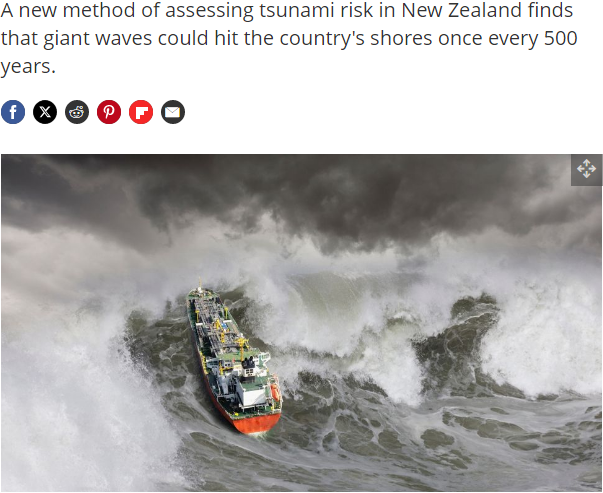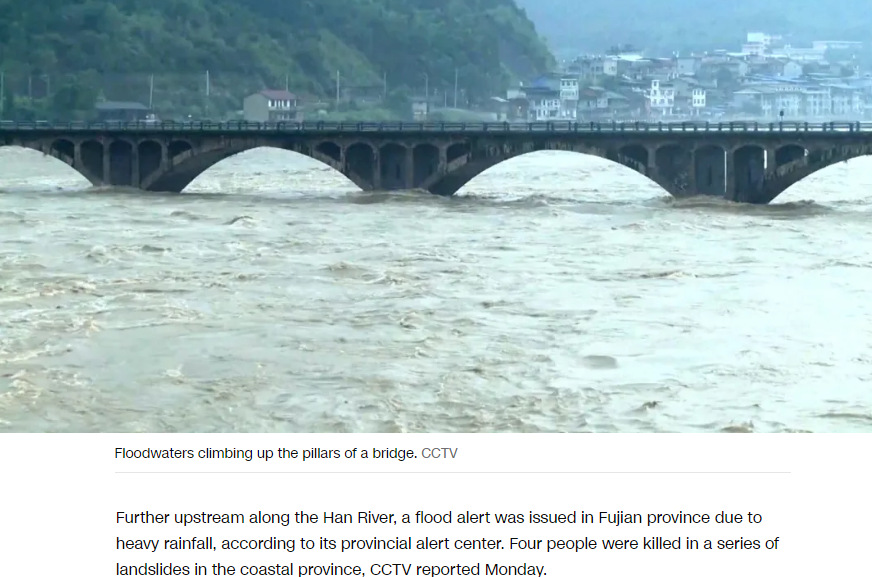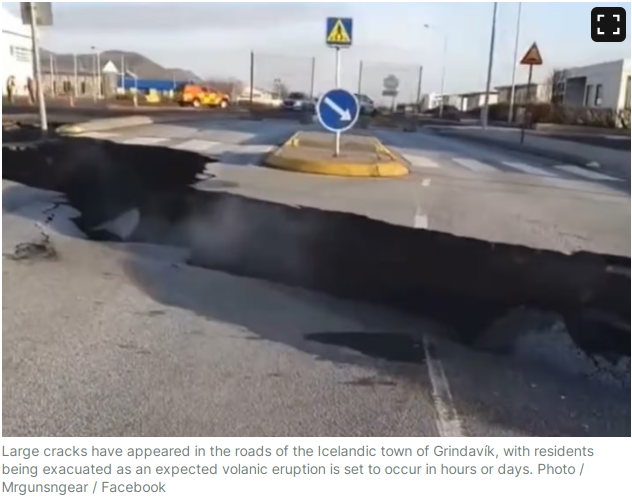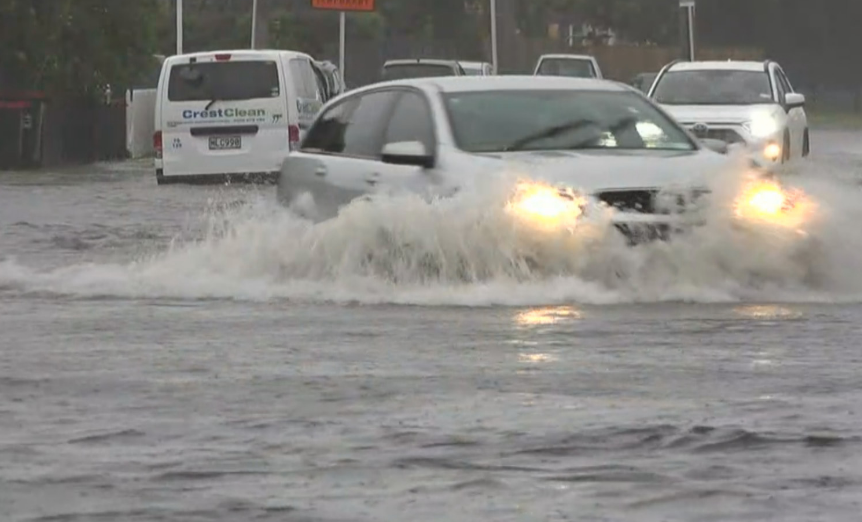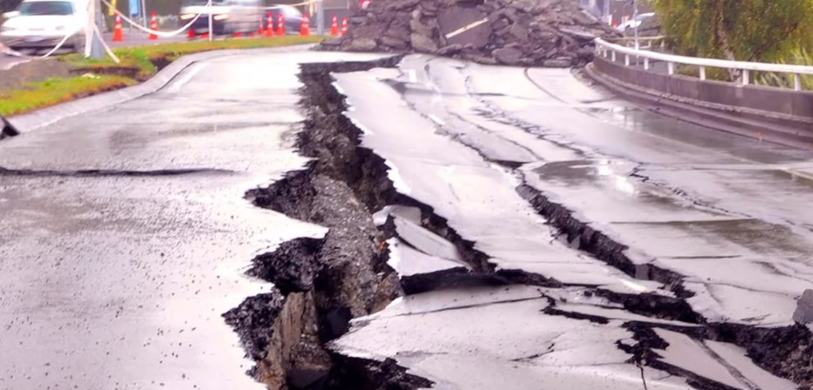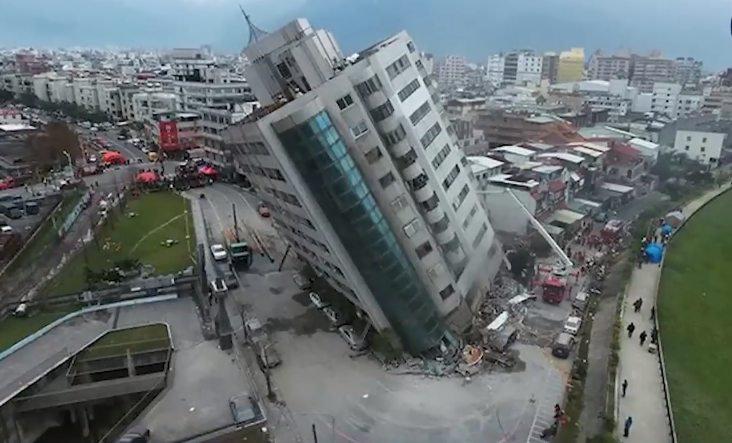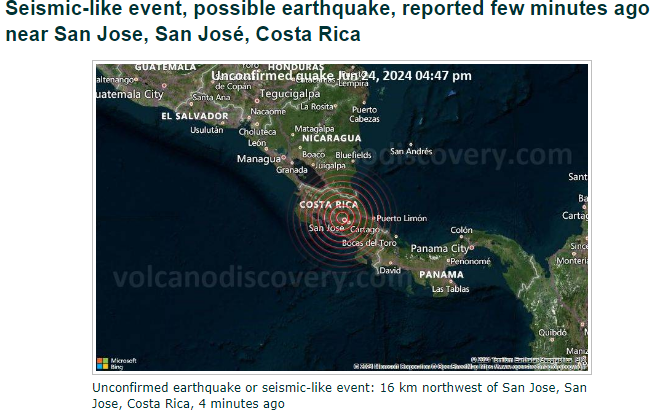An earthquake struck Taiwan today, causing significant tremors and widespread concern among residents and officials. The seismic event was recorded in the early hours of the morning, leaving the population on high alert as emergency services rushed to assess the damage and ensure public safety.

Preliminary reports indicate that the earthquake had a magnitude of 6.2 on the Richter scale, with its epicenter located off the eastern coast of Taiwan. The tremors were felt across major cities, including Taipei, Taichung, and Kaohsiung, prompting immediate response measures from local authorities.
| Parameter | Details |
|---|---|
| Date | July 3, 2024 |
| Time | 03:45 AM (local time) |
| Magnitude | 6.2 |
| Epicenter Location | Eastern Coast of Taiwan |
| Depth | 10 km |
| Affected Areas | Taipei, Taichung, Kaohsiung |
| Casualties | None reported as of now |
| Property Damage | Assessments ongoing |
| Response Teams | Deployed immediately |
| Public Advisory | Stay indoors, avoid elevators |
Immediate Impact and Response
The earthquake caused buildings to sway and household items to fall, leading to a wave of panic among residents. Many people were seen rushing out of their homes to open spaces for safety. Despite the intensity of the quake, initial reports suggest minimal structural damage, with no immediate casualties reported. However, thorough inspections and evaluations are ongoing to determine the full extent of the impact.
Local government units have activated their disaster response protocols. Emergency services, including police, fire brigades, and medical teams, have been deployed to the most affected areas. The National Fire Agency has set up temporary shelters for those who have been displaced or feel unsafe returning to their homes.
Seismic Activity in Taiwan
Taiwan is situated in a seismically active region known as the Pacific Ring of Fire, which is prone to frequent earthquakes. The island experiences numerous minor quakes throughout the year, but significant tremors, such as the one today, are a stark reminder of the inherent geological risks.
Historically, Taiwan has faced devastating earthquakes, with the most notable being the 1999 Jiji earthquake, which had a magnitude of 7.6 and resulted in over 2,400 fatalities. This history underscores the importance of the country’s robust earthquake preparedness and response systems, which have been continually improved to mitigate the impact of such natural disasters.
Public Advisory and Safety Measures
Authorities have issued several public advisories to ensure the safety of residents. People are advised to stay indoors and avoid using elevators, as aftershocks are possible. Those in high-rise buildings are encouraged to use staircases if evacuation becomes necessary. Emergency kits, including water, food, flashlights, and medical supplies, should be readily accessible.
Schools and workplaces have been instructed to follow established earthquake safety protocols. Many institutions have conducted emergency drills in the past, which are now being put to practical use. The Ministry of Education has temporarily suspended classes in affected areas to allow for safety inspections and ensure the well-being of students and staff.
Community and International Response
The community response has been swift, with neighbors checking on each other and providing support where needed. Social media platforms are abuzz with updates, safety tips, and messages of solidarity. Several non-governmental organizations have mobilized to offer assistance, including the provision of food, water, and temporary shelter.
Internationally, several countries have expressed their solidarity with Taiwan. Offers of assistance have come from neighboring countries such as Japan and South Korea, which have also experienced significant earthquakes in the past. The global community remains watchful, ready to provide aid if the situation escalates.
Economic and Infrastructural Impact
While the full economic impact of the earthquake is yet to be determined, initial assessments indicate potential disruptions to daily commerce and industry, particularly in regions close to the epicenter. Taiwan’s infrastructure, including roads, bridges, and public transport systems, is currently under inspection to ensure safety and functionality.
The government is expected to release an official statement outlining the economic repercussions and the steps being taken to address them. Past experiences have shown that Taiwan’s economy is resilient, with effective recovery strategies in place to quickly rebound from such disruptions.
Preparedness and Future Precautions
The earthquake today serves as a critical reminder of the importance of preparedness. Taiwan’s disaster management agencies have continually emphasized the need for regular earthquake drills, updated building codes, and public education on emergency procedures. Future precautions will likely focus on enhancing these areas to further reduce the risk and impact of such events.
Residents are encouraged to remain vigilant and informed about earthquake safety measures. Building more resilient structures and ensuring that emergency services are well-equipped to handle large-scale disasters are ongoing priorities for the government and the community.

In conclusion, while today’s earthquake in Taiwan has caused significant concern, the prompt and organized response from authorities and the community demonstrates the strength and preparedness of the island. Continuous efforts in disaster management and public safety education will be crucial in mitigating the effects of future seismic activities.

